
The Yuva Program of FIHCR is proud to announce the Sri Aurobindo Annual History Essay Competition. Entries for the 2024-25 batch are now closed. This competition encourages students to explore India’s rich history through engaging topics, helping them better understand and appreciate our heritage.
Awarding Young History Enthusiasts: Highlights from the Sri Aurobindo Annual History Essay Competition Award Ceremony 2025
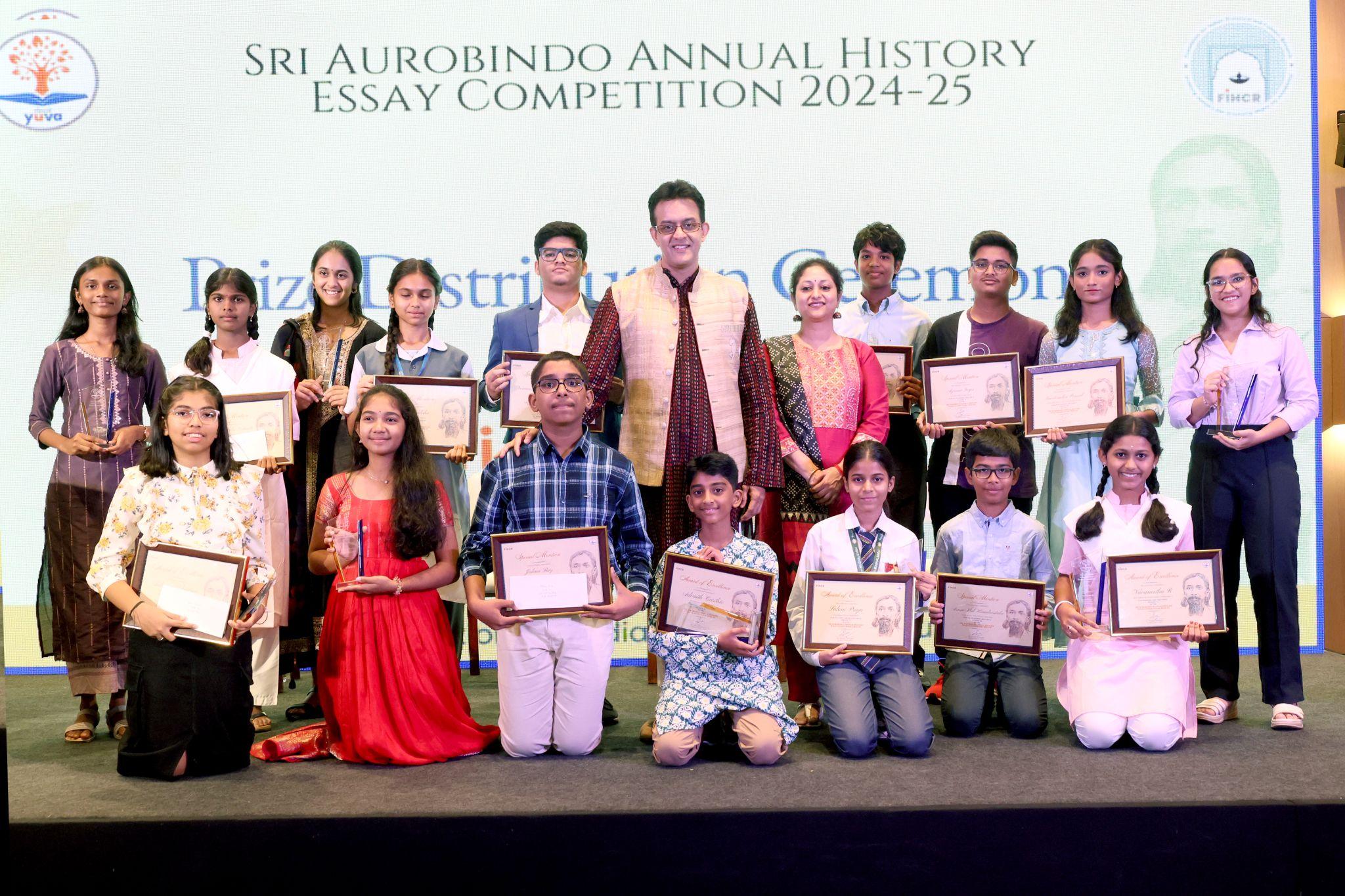
The Sri Aurobindo Annual History Essay Competition Prize Distribution Ceremony took place on 24th April 2025 at Hotel Greenpark, Bengaluru, with Shri Tejasvi Surya, Hon’ble Member of Parliament, as the Chief Guest. The event welcomed over 180 attendees, including students, parents, and educators. Smt. Rajalakshmi Aggarwal and Shri Devesh Varma from the OLA Foundation were among the distinguished guests. Moreover, a heartfelt tribute was paid to Ms. Jayashree Ravindra, Dr. Sampath’s school teacher, for her invaluable impact. The conference was brought to a close with a Virtual Reality showcase by Who VR, giving visitors an immersive experience of India’s journey through history.
The ceremony received media coverage in Kannada dailies like Bangalore Dinamani and Vishwavani. Shri Tejasvi Surya’s social media handles shared highlights of the event, and schools that participated, namely Bal Bharati Public School and M.C. Kejriwal Vidyapeeth, celebrated their winners on social media as well.
Winners:
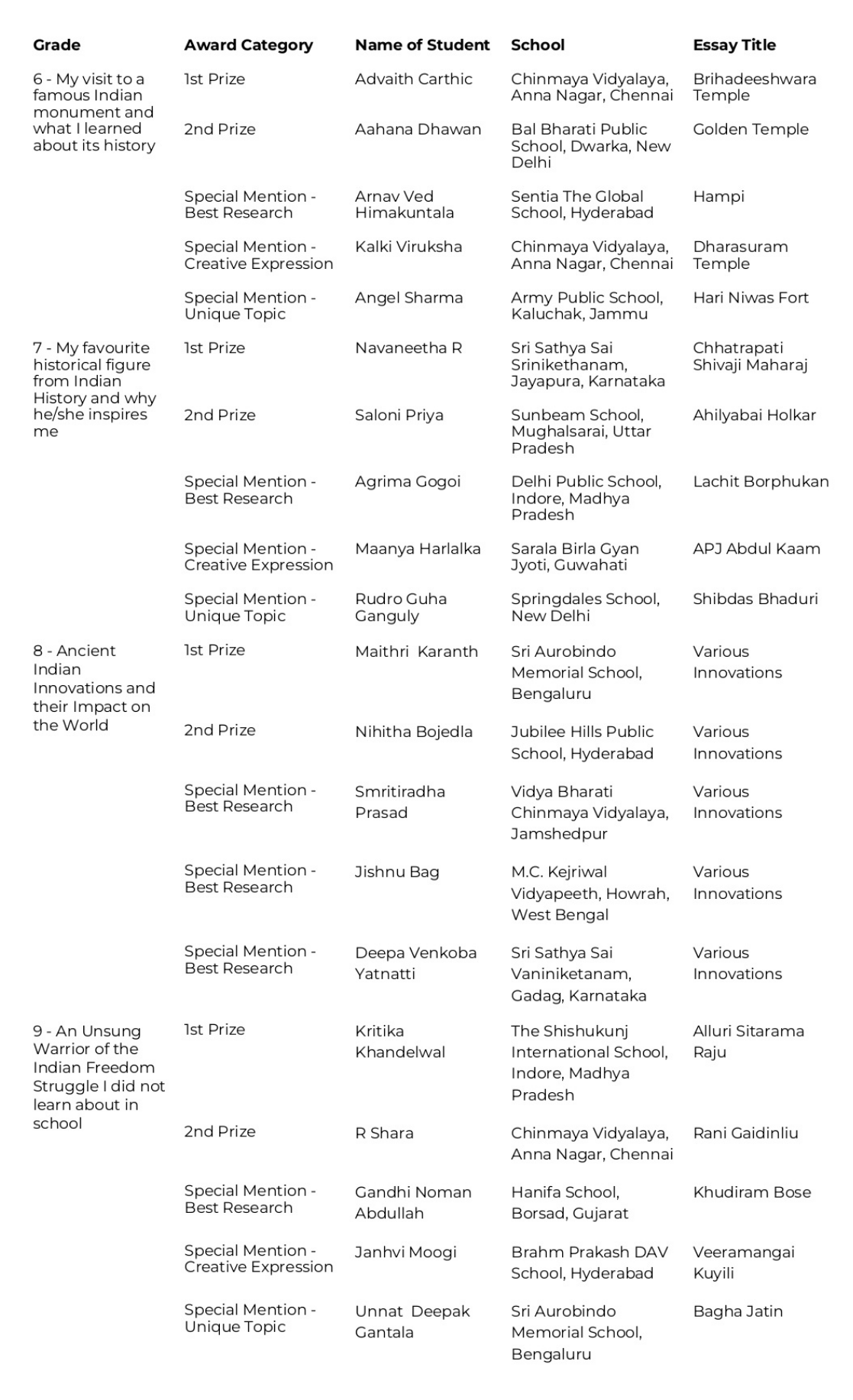
About Sri Aurobindo Ghosh
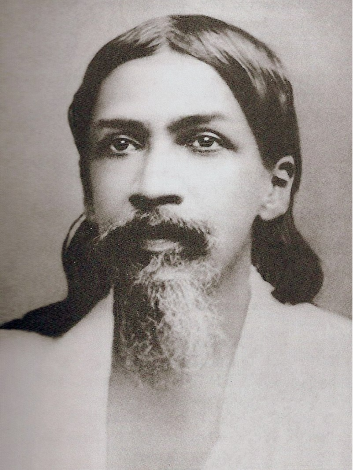
Sri Aurobindo Ghosh (1872–1950) is known for his work as a spiritual visionary but he also played a prominent role in India’s fight for independence. After completing his education in England, he returned to India in 1893 and became a leader in the nationalist movement, advocating for Poorna Swaraj through the newspaper Bande Mataram. In 1910, he shifted his focus to spiritual work and moved to Pondicherry, where he developed “Integral Yoga,” a practice aimed at transforming human consciousness.
He was nominated for the Nobel Prize in two categories, Literature and Peace. FIHCR honours the legacy of Sri Aurobindo by launching the History Essay Competition in his name, hoping that his life and work, which spanned both India’s struggle for independence and the spiritual upliftment of humanity, will inspire many children to explore and appreciate India’s rich heritage.
Sri Aurobindo Annual History Essay Competition
Launch and Announcement
Entries for the essay competition are now closed. Winners will be announced in March 2025.
Eligibility
The Competition is open to secondary school students from grades 6 to 9. A valid school ID or Aadhar Card will be required for participation.
Students will be divided into four groups based on their grades.
- Group 1: Class 6
- Group 2: Class 7
- Group 3: Class 8
- Group 4: Class 9
Topics
The topics for each group are as follows:
Group 1 (Class 6):
Topic – “My visit to a famous Indian monument and what I learned about its history.”
Group 2 (Class 7):
Topic – “My favourite historical figure from Indian History and why he/she inspires me.”
Group 3 (Class 8):
Topic – “Ancient Indian Innovations and their Impact on the World.”
Group 4 (Class 9):
Topic – “An Unsung Warrior of the Indian Freedom Struggle I did not learn about in school.”
Language & Word Limit
The competition will be conducted in English for the year 2024-25. Word limit is as follows:
Group 1 & 2: 500-700 words
Group 3 & 4: 700-900 words
Deadline for Submission
The deadline for submission of entries is January 15, 2025, 09:00 pm IST.
Announcement of Winners
The winners for each group will be announced in March 2025 on our website and social media handles.
Prizes
Two winners from each group will receive a cash prize, a book, and a certificate. Selected essays will be featured in our upcoming anthology. All participants will receive digital participation certificates.
Topics
The topics for each group are as follows
Group 1
My visit to a famous Indian monument and what I learned about its history.
Group 2
My favourite historical figure from Indian History and why he/she inspires me.
Group 3
Ancient Indian Innovations and their Impact on the World.
Group 4
An Unsung Warrior of the Indian Freedom Struggle I did not learn about in school.
Entry Submission
Please click on the ‘Submit’ button below to send your entries.
Timeline of Essay Competition
Jury
Co-Chairs
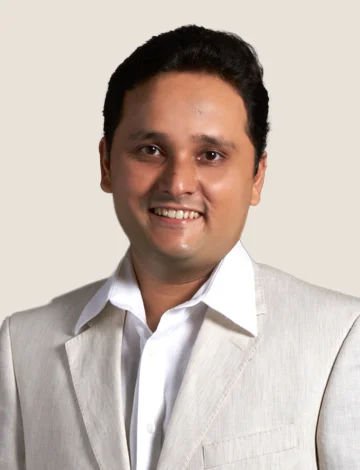
Amish Tripathi
Chair Member
Amish Tripathi

Amish Tripathi is a celebrated Indian author renowned for his mythological fiction, which presents ancient Indian epics with a modern perspective. His critically acclaimed works include the Shiva Trilogy (The Immortals of Meluha, The Secret of the Nagas, The Oath of the Vayuputras) and the Ram Chandra Series. A former banker, he transitioned to writing and is widely recognised for his immersive storytelling and in-depth research on Indian mythology.
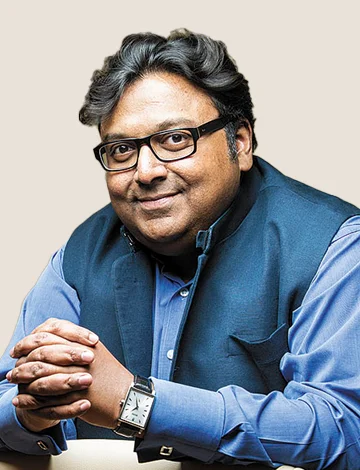
Ashwin Sanghi
Chair Member
Ashwin Sanghi

Ashwin Sanghi is a distinguished Indian author known for his gripping thrillers and historical fiction. His narratives combine history, mythology, and theology, creating thought-provoking and engaging stories. He has authored several bestsellers, including The Rozabal Line, Chanakya’s Chant, and The Krishna Key, which form part of his acclaimed Bharat Series. Mr. Sanghi holds an MBA from Yale University.
Jury
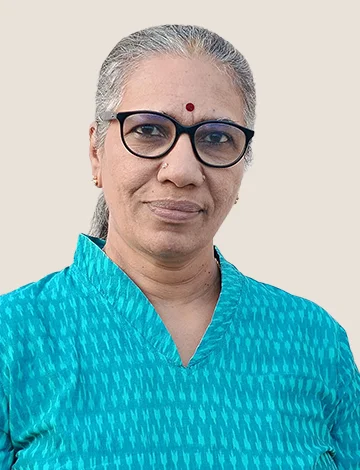
Mala Kumar
Jury Member
Mala Kumar

Mala Kumar is an accomplished writer and editor with an extensive body of work spanning over 40 children’s books. A dedicated advocate for accessible and engaging learning, she explores diverse subjects in her writings. Her latest book, Travelling Treasures, delves into the fascinating journey of everyday objects to India.
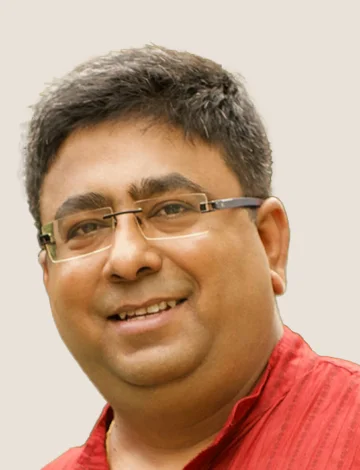
Chandrachur Ghose
Jury Member
Chandrachur Ghose

Chandrachur Ghose is an esteemed author, columnist, and public speaker specialising in history, politics, economics, and environmental issues. He is best known for his authoritative biography Bose: The Untold Story of an Inconvenient Nationalist. A graduate of Visva Bharati (Santiniketan) and the University of Sussex, he has co-authored Conundrum: Subhas Bose’s Life After Death and The Bose Deception, Declassified with Anuj Dhar, addressing the enduring controversies surrounding Netaji’s legacy. His book 1947-57: India – The Birth of a Republic explores India’s formative post-independence years.
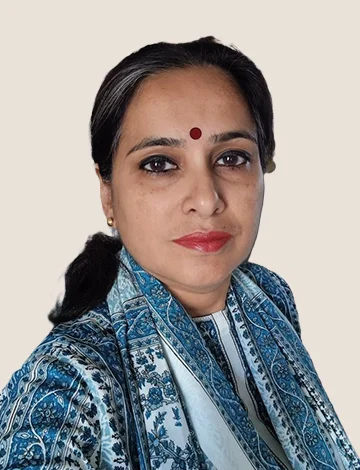
Alo Pal
Jury Member
Alo Pal

Alo Pal is the Co-Director of the Pondy LitFest and a dedicated educator at the Sri Aurobindo International Centre of Education in Pondicherry. With a strong passion for literature and education, she plays a vital role in curating intellectual discussions at the festival while fostering holistic academic growth among students.
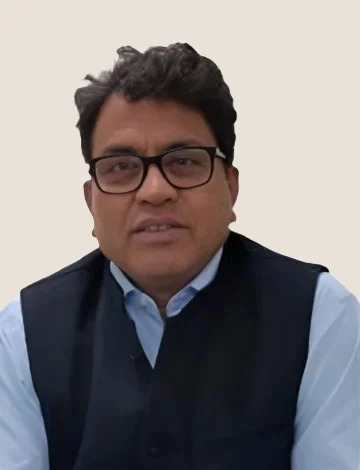
Heeraman Tiwari
Jury Member
Heeraman Tiwari

Professor Heeraman Tiwari is a distinguished scholar and faculty member at the Centre for Historical Studies, School of Social Sciences, Jawaharlal Nehru University, New Delhi. His expertise spans Sanskrit language and literature, intellectual history, and philosophy. He earned his PhD from the University of Delhi (1989), specialising in Sanskrit, Viśiṣṭādvaita Vedānta, and Nyāya Philosophy, followed by a D.Phil. (1994) in Indian Philosophy of Language and Indology from the University of Oxford.